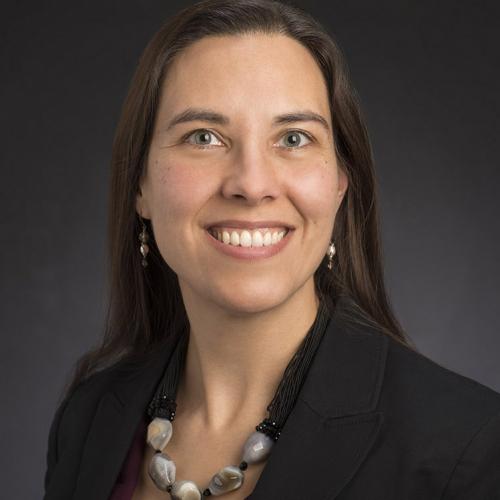Assistant Professor Elizabeth Hoiem will present her research on nineteenth-century children's nonfiction at the Children's Literature Association conference (ChLA 2018), which will be held on June 28-30 in San Antonio, Texas. The theme of the conference, "Refreshing Waters/Turbulent Waters" explores how water is central to children's and young adult literature as a motif and metaphor.
In her talk, "A Child-Centered Universe: Growth and Development in Nineteenth-Century Children's Nonfiction," she will discuss how children's nonfiction organized knowledge spatially and cognitively in relation to its young readers, making it child-centered. According to Hoiem, books from the nineteenth century established the formula of outward exploration, inward reflection.
"By depicting which children learn, create, and teach new knowledge, children's nonfiction became a site for negotiating information and power. Over the century, the power to move outward became increasingly gendered, with books for girls favoring imaginative movement. Nonfiction books showcase the period's innovative pedagogies, but also the origins of prejudices that remain visible today," Hoiem explained.
Hoiem teaches in the areas of reading and literacy, history of children's literature, and fantasy literature. In her research and teaching, she explores the history of technological innovations in children's literature, from early children's books and toys to contemporary applications of digital pedagogy. She received a 2018 National Endowment for the Humanities Fellowship for her book project, "The Education of Things: Mechanical Literacy in British Culture, 1752-1860." This book investigates the class-politics of "object lessons," a mode of experiential learning that developed during the late-eighteenth and nineteenth centuries, with the rise in child labor and mass literacy. Her recent articles are published in The Lion and the Unicorn and Children's Literature. Hoiem holds a PhD in English from Illinois.
